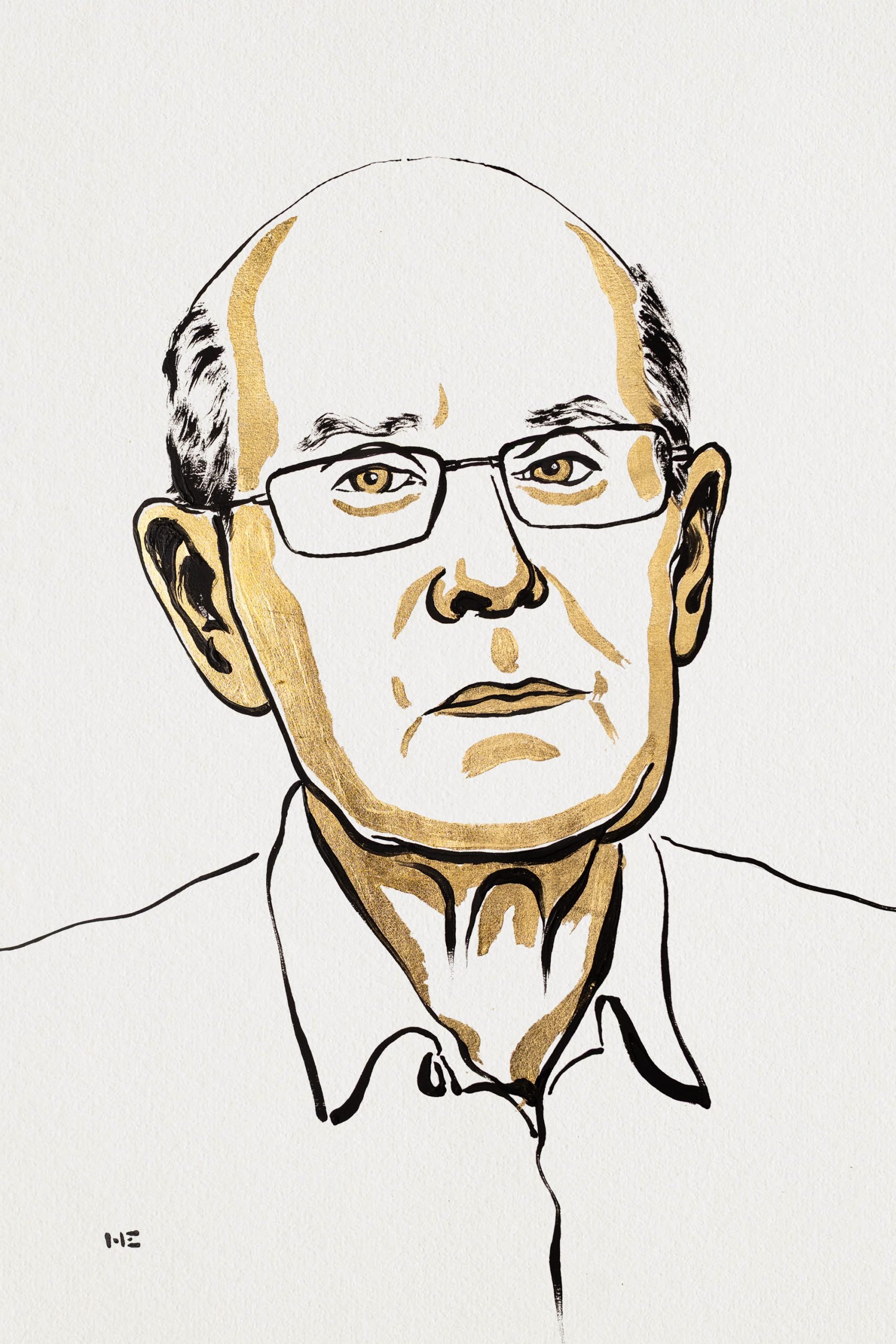 An ancient and “nearly naked” black hole that astronomers believe may have been created in the first fraction of a second after the big bang has been spotted by the James Webb space telescope.
An ancient and “nearly naked” black hole that astronomers believe may have been created in the first fraction of a second after the big bang has been spotted by the James Webb space telescope.
If confirmed as a so-called primordial black hole, a theoretical class of object predicted to exist by Stephen Hawking but never before seen, the discovery would upend prevailing theories of the universe.
Until now, the mainstream view has been that stars and galaxies appeared first and that black holes were created only when the earliest stars ran out of fuel and collapsed under their own gravity.
But the latest observations by the space telescope, which reveal a gargantuan black hole with only a sparse halo of surrounding material dating back to the dawn of the cosmos, appear incompatible with this sequence of events.
“This black hole is nearly naked,” said Prof Roberto Maiolino, a cosmologist at the University of Cambridge who is one of the team behind the observations. “This is really challenging for the theories. It seems that this black hole has formed without being preceded by a galaxy around it.”


 Three more Chinese astronauts, or taikonauts, are now marooned in space following the successful return of...
Three more Chinese astronauts, or taikonauts, are now marooned in space following the successful return of...

 Susumu Kitagawa, Richard Robson and Omar M. Yaghi are awarded the Nobel Prize in Chemistry 2025...
Susumu Kitagawa, Richard Robson and Omar M. Yaghi are awarded the Nobel Prize in Chemistry 2025...






























